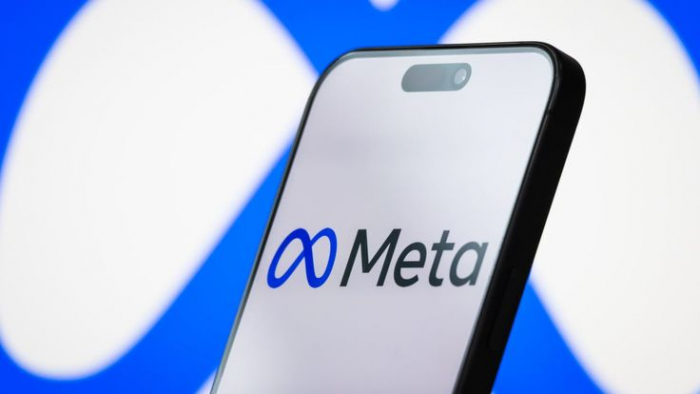
Meta is dialing up its AI ambitions with the acquisition of Play AI, a rising star in voice technology renowned for its hyper-realistic speech synthesis and voice cloning. This isn’t just another talent grab—Play AI’s platform can create lifelike, multilingual voices on the fly, powering everything from customer service bots to interactive gaming characters in over 30 languages. Their tech can even clone a user’s voice with just a few seconds of audio, a capability that’s already turning heads in industries like healthcare, hospitality, and entertainment.
The entire Play AI team is joining Meta, reporting directly to Johan Schalkwyk, a heavyweight in speech AI who recently joined Meta himself. Their mission: to turbocharge Meta’s AI Characters, enhance Meta AI’s conversational abilities, and bring next-level voice features to devices like Ray-Ban smart glasses and Quest VR headsets. Developers will soon get access to Play AI’s APIs, unlocking new possibilities for custom voice agents and creative audio experiences across Meta’s platforms.
This acquisition is part of Meta’s broader AI blitz. Just weeks ago, the company snapped up Scale AI for $14.3 billion, bringing in Alexandr Wang to lead its new Meta Superintelligence Labs. Mark Zuckerberg has made Meta’s priorities crystal clear—AI is at the center of everything, with billions being poured into infrastructure and a relentless hunt for top talent from rivals like OpenAI and Google.
With Play AI’s technology, Meta is betting that voice will become the primary way users interact with AI, whether they’re chatting with a digital assistant, creating content, or exploring virtual worlds. The move positions Meta to deliver more natural, customizable, and multilingual voice experiences, blurring the line between human and machine conversation.
Financial terms remain undisclosed, but the strategic intent is obvious: Meta wants to own the future of voice. With Play AI in its arsenal, Meta is poised to make AI sound more human—and more ubiquitous—than ever before.